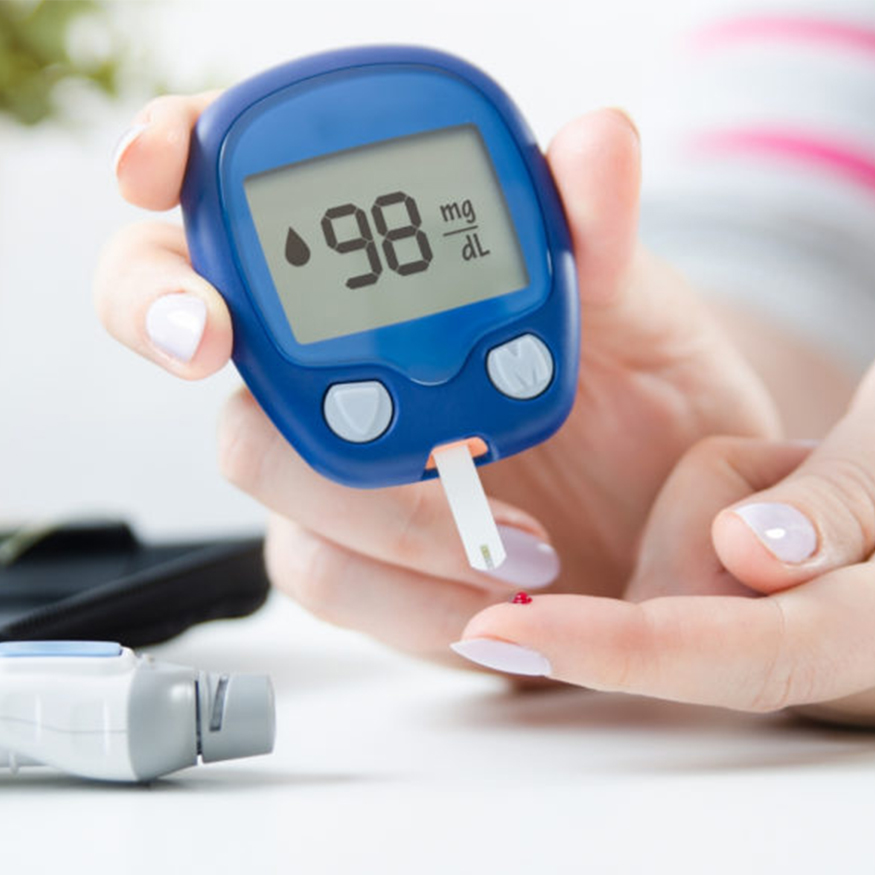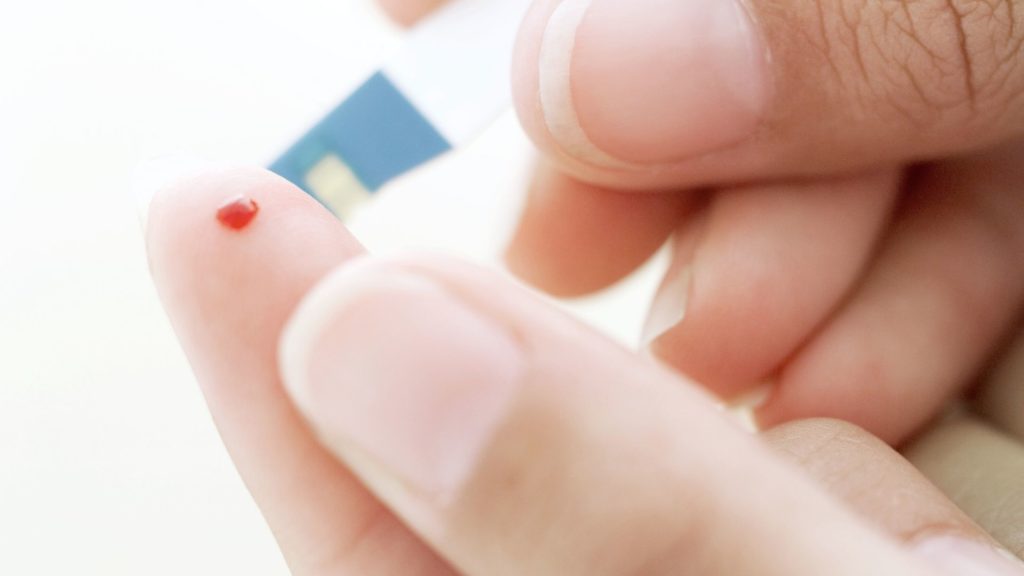The Drawbacks of Invasive Glucometer
December 2nd, 2019

Diabetes is a chronic condition that requires close blood glucose monitoring in order to maintain a normal blood glucose level. There are various devices available in the market which are used to measure glucose in the blood and such a device is called glucometer. Most old and commonly used glucometers involve pricking to get a drop of the blood which is used to measure glucose levels. Being a diabetic, it is necessary to check your blood glucose level regularly. However, using an invasive glucometer can have many drawbacks.
In this article, we are going to discuss different problems that are associated with these widely used invasive glucometers.
It is Painful

Using an invasive glucometer is painful! No matter how small and thin the needle is, pain is still there. While some people get used to it and hence bear it, it can be problematic for others. Measuring blood glucose level is an everyday thing for diabetics, so it becomes difficult to incorporate this pain into your routine.
This is especially true for young patients who suffer from type 1 diabetes mellitus. Even tolerating this little pain is difficult for young children.
It can Lead to Non-Compliance

As mentioned earlier, the use of invasive glucometer can elicit pain. Due to this pain, patients might develop a psychological barrier that can keep them from checking their blood glucose regularly. This non-compliance can eventually affect their blood glucose control and they can have episodes of hypoglycemia and hyperglycemia. Non-compliance can be dangerous because it can increase the chances of complications of diabetes.
The complications include kidney disease, heart disease, eye involvement and nerve involvement which are irreversible.
It is Costly

The invasive glucometers which are widely available come with strips that are necessary to check blood glucose. Both glucometer and strips are costly. Moreover, one strip is used at a time and they need to be replaced once finished. So, invasive glucometers are not a cost-effective option for diabetics.
It is not Always Accurate

There is a variety of invasive glucometers available in the market and some are less accurate than others. The ones which are more accurate are priced on the higher side, so not everyone can afford them.
Moreover, there are many other factors that can affect the accuracy of these devices. These factors include the quality of strips and the amount of blood put on the strip.
It can Cause Infection
When you prick your finger, the skin barrier that saves from infection is broken. Diabetic people are more prone to infection, so this tiniest hole can be a site for the entry of bacteria and infection can occur. Due to low immunity, any kind of infection can be dangerous for diabetic persons. It is advised by doctors to avoid any kind of trauma to stay safe from infection and related complications.

When you prick your finger, the skin barrier that saves from infection is broken. Diabetic people are more prone to infection, so this tiniest hole can be a site for the entry of bacteria and infection can occur. Due to low immunity, any kind of infection can be dangerous for diabetic persons. It is advised by doctors to avoid any kind of trauma to stay safe from infection and related complications.
It can Lead to Skin Changes
People with diabetes need to monitor their blood glucose level regularly and that is why they prick daily or even more than once a day. This constant pricking at a site can cause skin changes. The skin can become hard at that place and it can be difficult to prick and have a drop of the blood.
There are Chances of Cross Infection
Although the chances are low, it is not impossible. You can get infected with Hepatitis B, hepatitis C, AIDS, and other transmittable diseases by using a used needle.
Monitoring blood glucose, no doubt carries vital importance in the treatment of all types of diabetes. Invasive glucometers are widely used by diabetics. However, they are not the best option available. Thankfully, modern non-invasive glucometers are highly reliable and free from any side effects and complications associated with invasive glucometers. They are easy to use, accurate and pain-free. They definitely improve the patient’s compliance and diabetic control!